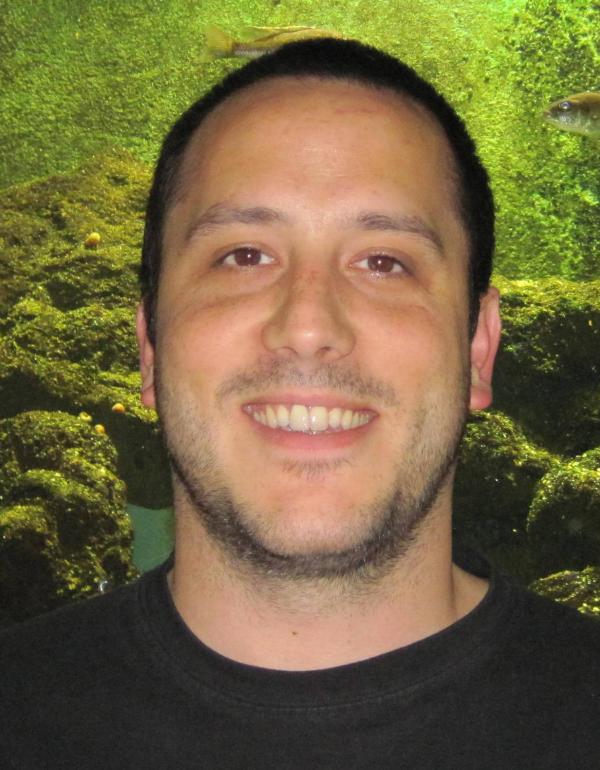
Gonzalo Machado-Schiaffino holds a Licentiate in Biology (2003) from the National
University of Patagonia, Argentina and a Ph.D. in Biology (2009) from the University of
Oviedo, Spain. He conducted postdoctoral research at the University of Konstanz, Germany
(2010–2017).
At the University of Oviedo, he served as Assistant Professor (2017–2022) and currently
holds the position of Associate Professor (Profesor Titular, since 2023) in the Area of
Genetics. He has accumulated over 1800 teaching hours, spanning undergraduate and
master’s courses, and has supervised 10 master, 11 bachelor, and 2 Ph.D. students. He is the
Coordinator of the Master in Marine Conservation (MCONMARI) and the local coordinator
for the Erasmus Mundus IMBRSea Master at the University of Oviedo.
His primary research focuses on conservation genetics, population genomics, and
evolutionary biology of fish. He has published more than 70 papers in peer review
international journals (h-index: 29). He has participated in 21 research projects (6 as
Principal Investigator) and led four contracts with public and private entities.
